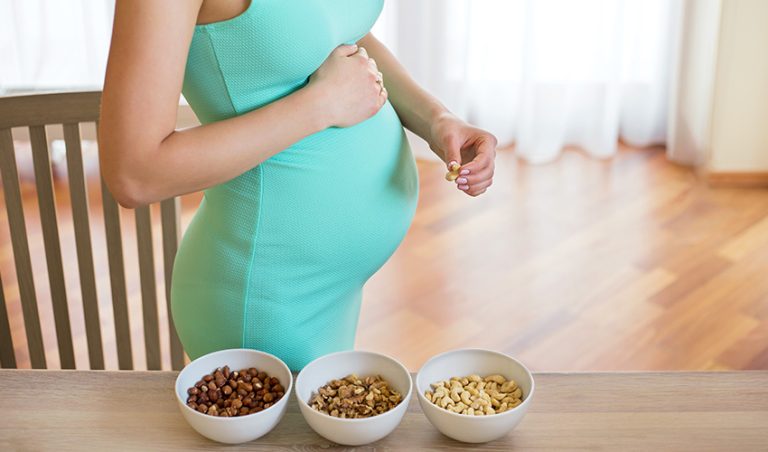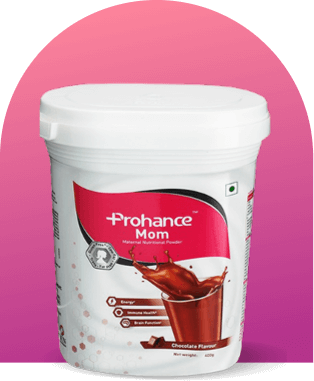
There is no denying that a woman’s body is extremely vulnerable during pregnancy. A lot of changes happen during this critical period – ranging from hormonal fluctuations to the growth of breast tissue. Hence, the importance of proteins can’t be overlooked during this period.
Protein in pregnancy acts as a building block for the baby’s cells and ensures the proper growth of their organs and tissues. The macronutrient also helps with uterine as well as breast tissue growth.
There is so much more that protein does for both the pregnant woman and her baby. With National Protein Day, which falls on February 27, we decided to look at the importance of protein during pregnancy.
Research says the following nutrients are essential during pregnancy and lactation:
Apart from these micronutrients, macronutrients, including protein, fats and carbohydrates, are required during pregnancy.
Proteins are critical during pregnancy to ensure the tissue and organ development of the growing baby. They also ensure the proper functioning of muscles and support breast and uterine growth. Other roles the macronutrient plays for pregnant women are:
Research says that pregnant women require 70 to 100 grams of protein each day, depending on their weight and current trimester. The Reference Nutrient Intake (RNI) of protein for an average sedentary adult per day is 0.75g per kg of their body weight. Pregnant women need an additional 6g per day. That means, if you weigh 65 kg and are pregnant, you will need: 65 x 0.75g/d = 48.75 g + 6 gram = 54.75 g of protein each day
Cravings are normal during pregnancy. But the type of pregnancy craving varies from woman to woman. While some women may crave sugary things, others may love to have anything that’s sour. However, a pregnant woman needs to limit such cravings and eat healthily. Here are some ways to handle cravings during pregnancy:
The following superfoods will ensure you and your baby get the essential nutrients for your bodies to function optimally:
While getting sufficient protein throughout pregnancy is indispensable, protein intake is vital during the second and third trimesters. Make sure your daily protein requirement is met every day without any hitch. For this, count on high-quality protein sources, such as legumes, meat, eggs, dairy, nuts, seeds and whole grains.
Your gynecologist may also recommend protein supplements, depending on your condition and health status. These supplements are usually available in the form of powder, shakes, or snack bars. Before buying these supplements, keep the following things in mind:
Pregnancy is a critical period in a woman’s life. Every pregnant woman must ensure their nutritional needs are met during this period. No doubt, relying on nutrient-rich foods will help her do so, but drinking healthy drinks also helps.
A healthy drink like Prohance Mom can prove to be a boon for every pregnant and lactating woman. Formulated with 7.56 grams of high-quality protein and 31 standard nutrients, this protein powder for women offers energy balance and meets all the nutrient needs required during pregnancy. Consider this nutrition supplement after consulting your gynecologist to offer high-standard nutrition to your body.
Disclaimer: This blog/publication/editorial/article is meant for awareness / educational purposes and does not constitute or imply an endorsement, sponsorship, or recommendation of any products. Please consult your doctor/healthcare practitioner before starting any diet, medication, or exercise.
